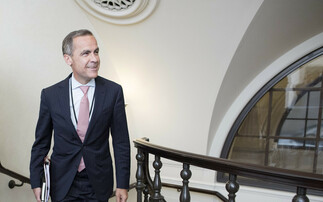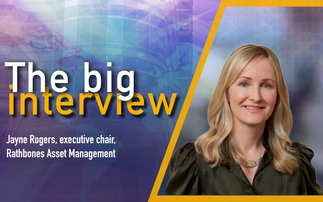Companies and economies around the world continued to feel the effects of the coronavirus-enforced lockdowns during the second half of 2020. Investment Week reports on how they have done since then.
Pictet Group
Pictet Group has reported assets under management or custody fell to CHF 559bn (£461.1bn) in the first half of 2020 from CHF 576bn at the end of December 2019, while operating income rose as it readies new office openings.
In its results for the first half of 2020, the company announced a consolidated net profit of CHF 262m, 1% lower than the same period in 2019, while operating income was up 4% to CHF 1.33bn.
Renaud de Planta, senior managing partner, said: "Strong net new money in the low double-digit billion range and excellent investment performance against benchmarks drove growth in operating income, despite a challenging market environment.
"Pictet remains geared for expansion and continues to invest in new staff and technology. We plan to open offices in Shanghai and New York by the fourth quarter of this year."
Total expenses before tax were CHF 1bn, up 7% on the same period a year earlier.
The group said its core capital ratio (Tier 1) remained at 20.2% based on CHF 2.89bn of Common Equity Tier 1 at 30 June 2020, compared with the minimum 7.8% core capital ratio (Tier 1) set by Pictet's Swiss regulator FINMA.
M&G
M&G's profits were slashed in half during H1 2020, with adjusted operating profit before tax of £309m, 56% below H1 2019's £714m, while savings and asset management flows were negative £4.1bn.
Positive flows into institutional asset management of £2.8bn were entirely negated by outflows of £7.7bn in retail asset management, as that arm of the business continued its theme of losing money, following both H1 (£3.8bn) and H2 2019's (£3.6bn) outflows.
Net client outflows slowed from Q1 (£5.6bn) to Q2 (£2.1bn) as the "easing of lockdowns contributed to investor confidence", totalling a 14% fall in AUMA over the period, while private assets under management, including real estate, private debt and infrastructure, grew 9% to £65.5bn over the half.
Despite this, savings and asset management contributed £162m to the group's £309m adjusted operating profit before tax, while both asset management revenues (£469m) and operating expenses (£306m) remained steady compared to the same point last year.
Retail asset management again contributed greatest to the reduction in revenues, falling 28% to £215m from £299m at the same point last year.
The cost/income ratio of the asset management arm rose to 66%, largely driven by the "non-recurrence of the £35m past service credit following changes to the M&G defined benefit pension scheme", which, if removed, leaves the ratio at a "broadly comparable" level.
An interim dividend of 6p per share is still due to be paid, in line with the "policy of paying one-third of the previous year's final dividend".
John Foley, chief executive of M&G, said: "This has been a resilient performance in extremely difficult times, with the value of our diversified business mix coming through strongly.
"Despite the disruption caused by the pandemic, net new money has flowed into our institutional asset management business, while our UK retail savings franchise, anchored on our unique PruFund offering, has remained in positive net inflow.
"Outflows in retail asset management declined in the second quarter, as performance rallied. Work is underway here to further improve returns and customer value, while the acquisition of Ascentric will, once completed, bolster our position in the UK market and take us into high-value wealth management.
"Obviously, this is not the backdrop we would have wished as a newly independent company, but I have been hugely impressed by how my colleagues have responded to the challenge of continuing to serve our customers and clients during the pandemic."












